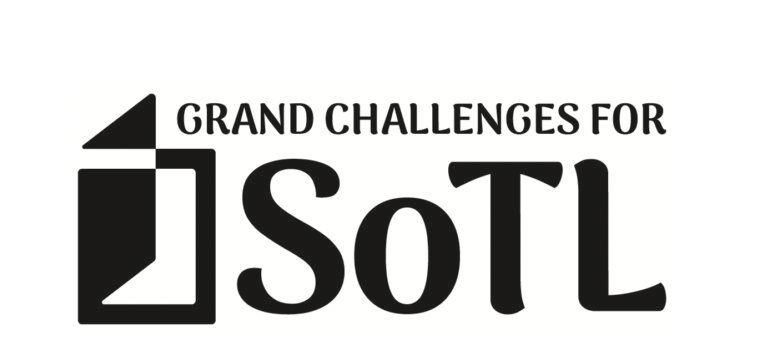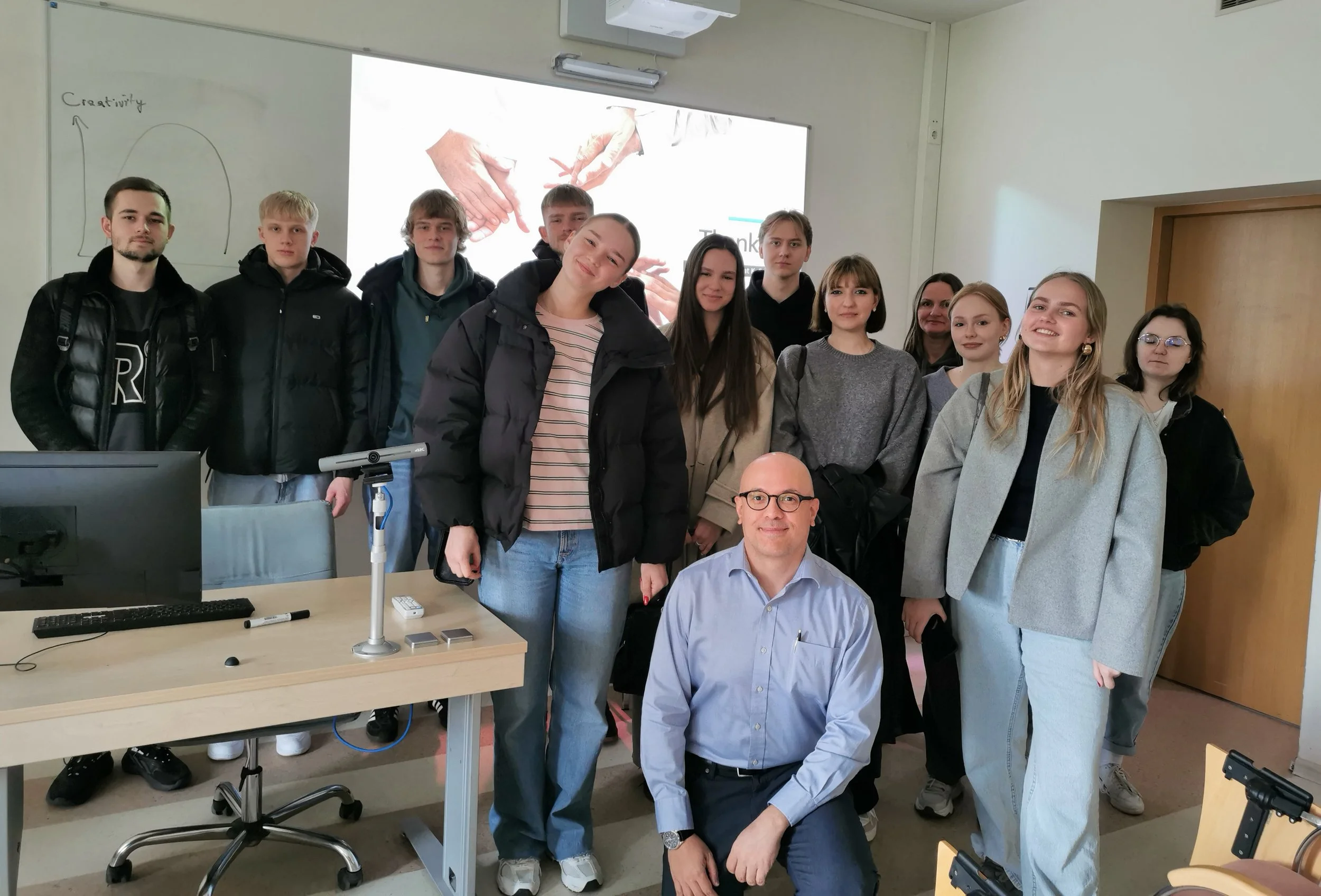Critical Thinking (and perhaps education in general) starts with asking questions. What kind of questions? As we saw in the introduction, an early but important understanding of critical thinking brings together kriticos and kriterion, so we are tasked with the development of discerning judgment based on standards. These following questions (developed by the Foundation for Critical Thinking) are formulated to
Intellectual Standards
Clarity: Do I truly understand what I’m saying, and will it be easily understood by others?
Accuracy: Is the information I’m presenting true and (as much as possible) free from distortion?
Precision: To what extent is my information exact and specific to the necessary level of detail?
Relevance: How does the information or arguement relate to the issue at hand?
Depth: Am I engaging with the complexities of the issue?
Breadth: Am I conextualizing my point within the broader themes from which it emerges?
Logic: Do my conclusions follow from the evidence I have provided?
Significance: Have I identified and focused on the most important aspects of this issue?
Fairness: Am I consciously and deliberating trying to avoid introducing my own biases?
Adapted from The Miniature Guide to Critical Thinking Concepts and Tools by Richard Paul and Linda Elder, 2012, Tomales, CA: Foundation for Critical Thinking Press. www.criticalthinking.org / louisville.edu/ideastoaction
Developing Intellectual Standards with Socratic Questioning
-
1. What do you mean by ____?
2. How does ____ relate to ____?
3. Could you put that another way?
4. Is your basic point ____ or ____?
5. Let me see if I understand you; do you mean ____ or ____?
6. How does this relate to our discussion/problem/issue?
7. Could you give me an example?
8. Would this be an example: ____?
9. Could you explain further?
10. Can you find a more precise term for ____? -
1. What are you assuming?
2. What could we assume instead?
3. You seem to be assuming ____. Do I understand you correctly?
4. You seem to be assuming ____. How would you justify taking this for granted?
5. Why would someone make this assumption? -
1. How do you know?
2. Why do you think that is true?
3. Do you have any evidence for that?
4. What are your reasons for saying that?
5. What other information do we need?
6. Could you explain your reasons to us?
7. Are these reasons adequate?
8. Why did you say that?
9. What led you to that belief?
10. How does that apply to this case?
11. What would change your mind?
12. Is there a reason to doubt that evidence?
13. What would you say to someone who said ____?
14. By what reasoning did you come to that conclusion?
15. How could we find out whether that is true? -
1. You seem to be approaching this from ____ perspective. Why have you chosen this rather than another perspective?
2. How would other groups/types of people respond? Why? What would influence them?
3. How could you answer the objection that ____ would make?
4. What might someone who believed ____ think?
5. Can/did anyone see this another way?
6. How many other perspectives can you imagine? -
1. When you say ____, are you implying ____?
2. But if that happened, what else would happen as a result? Why?
3. What effect would that have?
4. Would that necessarily happen or only probably happen?
5. If we disagree, what consequences could result?
6. If this and this is the case, then what else must also be true?
7. Would any implication or result cause you to think differently? -
What was the point of this question
Why do you think I asked this question?
How does this question apply to everyday life?
Intellectual Traits
We can cultivate critical thinking by carefully designing our instruction and assessment in ways that foster the following intellectual dispositions in our students:
Intellectual Autonomy: We independently think through questions and problems.
Confidence in Reasoning: We rely on the critical thinking process and trust its results.
Intellectual Fair-mindedness: We strive to treat every viewpoint in an unbiased way without reference to our own vested interests.
Intellectual Empathy: We consider others’ perspectives in order to accurately reconstruct their viewpoints.
Intellectual Courage: We are unafraid to question and challenge popular or long-held beliefs in the face of new information or evidence.
Intellectual Humility: We acknowledge our own biases and the limits of our knowledge.
Intellectual Integrity: We hold ourselves to the same rigorous standards of thinking and behavior to which we hold others.
Intellectual Perseverance: We continue to struggle with confusion, frustration and uncertainty to gain understanding.
Adapted from Ideas 2 Action, University of Louisville; in turn adapted with permission from The Miniature Guide to Critical Thinking Concepts and Tools by Richard Paul and Linda Elder, 2012, Tomales, CA: Foundation for Critical Thinking Press. www.criticalthinking.org
References:
Dewey, J. (1910) How We Think
Glaser, E. M. (1941) An Experiment in the Development of Critical Thinking. Teacher’s College, Columbia University.































